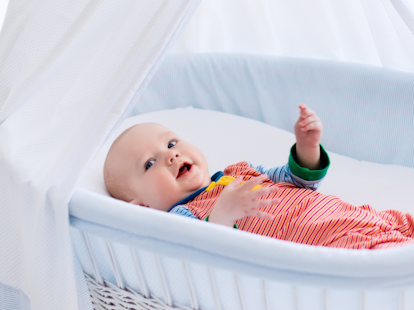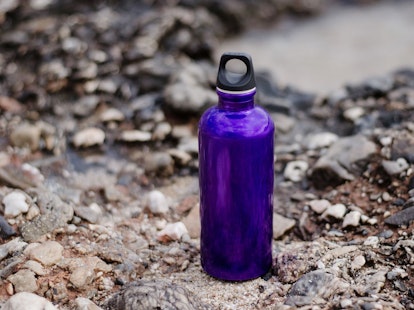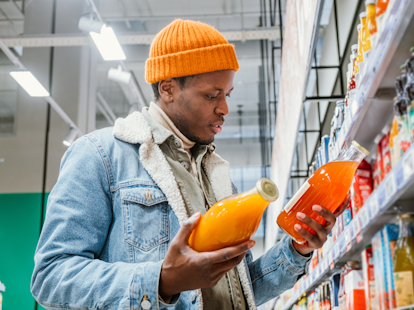SG 070.22
Thailand mandates three standards for certain food contact plastic materials and articles. These will become effective on January 3, 2023.
In April 2022, Thailand’s Ministry of Industry issued a Ministerial Regulation in its Government Gazette (Volume 134, Chapter 21A, Page 12, the Ministerial Regulation) to mandate three standards for several types of plastic intended to come into contact with food.
These standards are:
- TIS 655 Part 1-2553 (2010) ‘Plastic utensils for food - Part 1 Polyethylene, polypropylene, polystyrene, poly(ethylene terephthalate), poly(vinyl alcohol) and poly(methyl pentene)’
- TIS 655 Part 2-2554 (2011) ‘Plastic utensils for food – Part 2 Poly(vinyl chloride), polycarbonate, polyamide and poly(methyl methacrylate)’
- TIS 655 Part 3-2554 (2011) ‘Plastic utensils for food Part 3 Acrylonitrile-butadiene-styrene and styrene-acrylonitrile’
The aforementioned standards contain, among other things, general safety requirements, including for odor and taste as well as resistance to impact and temperature. They also detail requirements for packaging, marking, labeling and sampling, as well as rules for conformity and testing.
Highlights of the requirements for the migration of substances, and heavy metals and organic substances, as set out in TIS 655 Part 1-2553 (2010) are summarized in Tables 1 and 2.
TIS 655 Part 1-2553 (2010) ‘Plastic utensils for food - Part 1 Polyethylene, polypropylene, polystyrene, poly(ethylene terephthalate), poly(vinyl alcohol) and poly(methyl pentene)’ | ||||||||
|---|---|---|---|---|---|---|---|---|
| Entry | Test Parameter | Simulant | Migration Limit (mg/dm³) | |||||
| PE | PP | PS | PET | PVAL | PMP | |||
| 1 | Potassium permanganate consumption | Distilled water | 10 | 10 | 10 | 10 | 10 | 10 |
| 2 | Evaporation residue | 4% acetic acid | 30 | 30 | 30 | 30 | 30 | 30 |
| Distilled water | 30 | 30 | 30 | 30 | 30 | 30 | ||
| 20% ethanol | 30 | 30 | 30 | 30 | 30 | 30 | ||
| n-heptane | 150¹ 30² | 150¹ 30² | 240 | 30 | 30 | 120 | ||
| 3 | Heavy metal (as lead) | 4% acetic acid | 1 | 1 | 1 | 1 | 1 | 1 |
| 4 | Antimony | 4% acetic acid | - | - | - | 0.05 | - | - |
| 5 | Germanium | 4% acetic acid | - | - | - | 0.1 | - | - |
| ¹For use at temperatures not higher than 100°C ²For use at temperatures higher than 100 °C | ||||||||
Table 1
TIS 655 Part 1-2553 (2010) ‘Plastic utensils for food - Part 1 Polyethylene, polypropylene, polystyrene, poly(ethylene terephthalate), poly(vinyl alcohol) and poly(methyl pentene)’ | |||||||
|---|---|---|---|---|---|---|---|
| Entry | Test Parameter | Migration Limit (mg/kg) | |||||
| PE | PP | PS | PET | PVAL | PMP | ||
| 1 | Lead | 100 | 100 | 100 | 100 | 100 | 100 |
| 2 | Cadmium | 100 | 100 | 100 | 100 | 100 | 100 |
| 3 | Volatile substances: toluene, ethylbenzene, isopropylbenzene, n-propylbenzene and styrene | - | - | 5000¹ 2000² | - | - | - |
| ¹ For use at temperatures not higher than 100 °C ² For use at temperatures higher than 100 °C, ≤1000 mg/kg each of styrene and ethyl benzene | |||||||
Table 2
These three standards will become mandatory on January 3, 2023 (270 days from their publication in the Government Gazette).
| Abbreviation | Plastic |
|---|---|
| PE | Polyethylene |
| PP | Polypropylene |
| PS | Polystyrene |
| PET | Poly(ethylene terephthalate) |
| PVA | Poly(vinyl alcohol) |
| PMP | Poly(methyl pentene) |
SGS technical experts have extensive knowledge and testing experience in materials and articles in contact with food. They work to ensure that your products meet the appropriate regulations for food contact materials, paving the way for compliance. From overall migration tests to expert advice on emerging regulations, compliance issues and documentation review, SGS is the partner to trust. In the end, it’s only trusted because it’s tested. Discover more on our website.
For inquiries, please contact:
Dr. Hingwo Tsang
Global Information and Innovation Manager
t: (+852) 2774 7420
Rutchuporn Moungsom
Hardlines/Toys Laboratory Manager
t: +66 2 481 5259
© SGS Société Générale de surveillance SA - 2022 - All rights reserved - SGS is a registered trademark of SGS Société Générale de surveillance SA. This is a publication of SGS, except for 3rd parties’ contents submitted or licensed for use by SGS. SGS neither endorses nor disapproves said 3rd parties contents. This publication is intended to provide technical information and shall not be considered an exhaustive treatment of any subject treated. It is strictly educational and does not replace any legal requirements or applicable regulations. It is not intended to constitute consulting or professional advice. The information contained herein is provided “as is” and SGS does not warrant that it will be error-free or will meet any particular criteria of performance or quality. Do not quote or refer any information herein without SGS’s prior written consent.



